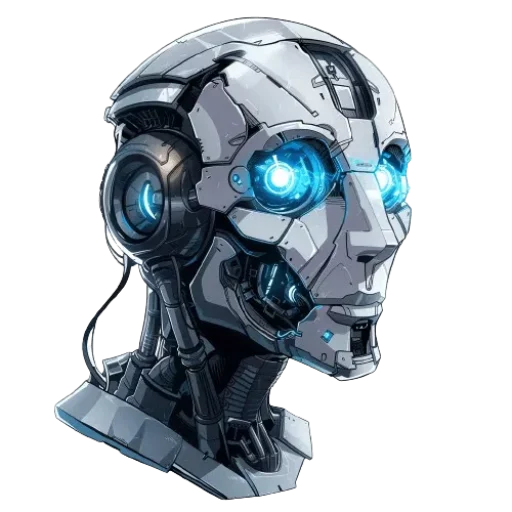Key findings
GenAI is poised to enhance the role of hospitalists by streamlining administrative tasks like scheduling and data entry.
It will assist in complex problem-solving and decision-making processes, improving efficiency.
While it won’t completely transform the work, it will augment skills like critical thinking and systems evaluation.
Hospitalists will benefit from AI-generated content for better user support and multimedia creation, enhancing patient care and overall workflow.
How could AI or automation replace or complement job activities?
Artificial intelligence, automation, or language models like ChatGPT could potentially enhance certain processes within the role of hospitalists.
While these technologies may not fully replace the human touch required for tasks such as diagnosing patients or providing continuous care, they could streamline activities like ordering tests, managing discharge planning, or supporting quality improvement projects.
For instance, AI could assist in analyzing test results swiftly, enabling hospitalists to focus more on patient care.
Job description
Provides care for patients in hospital settings such as medical wards, intensive care units, and emergency rooms. Coordinates and manages patient care during treatment.



0 Comments